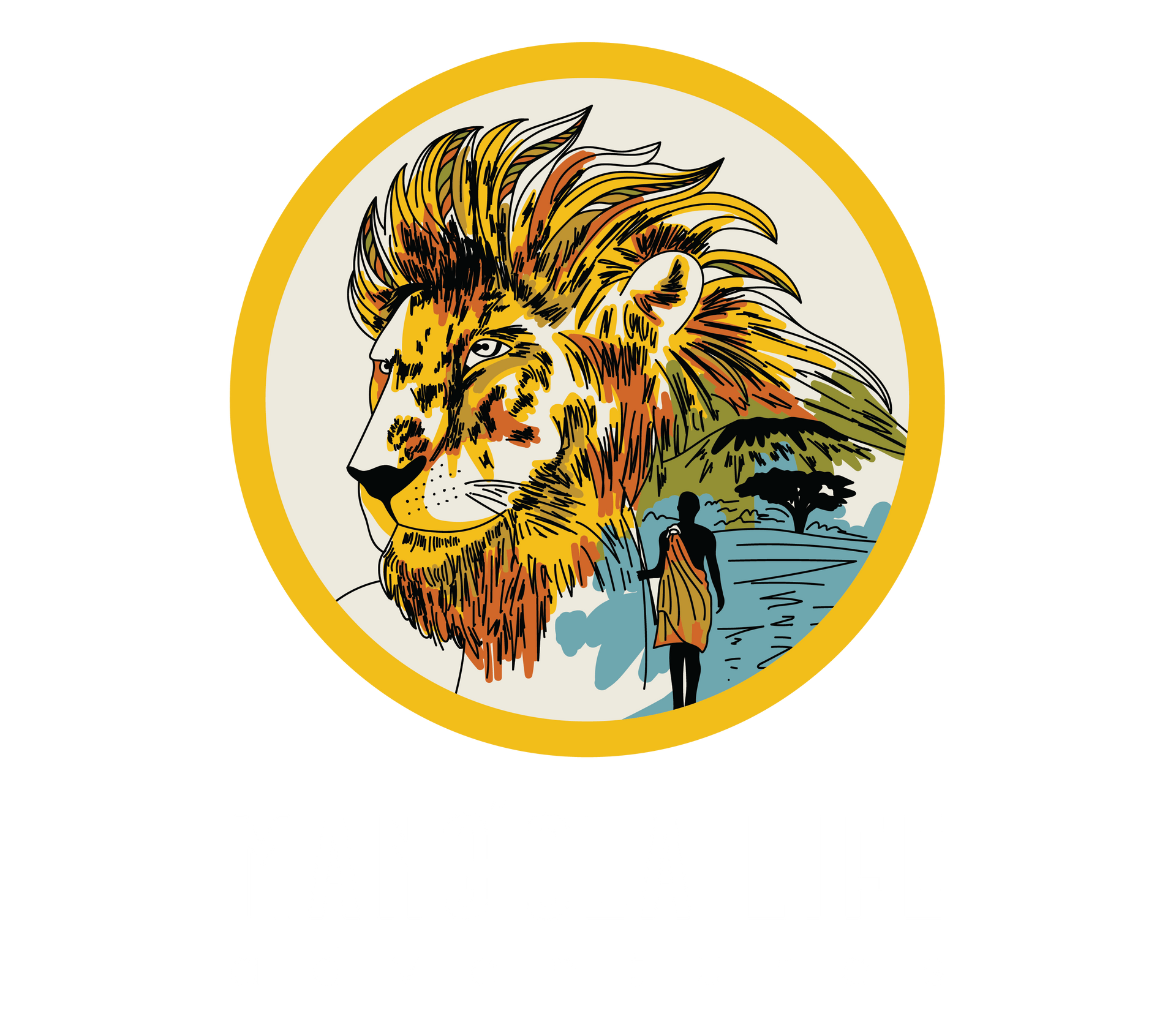Tanzania eco-lodges and safari accommodation- where luxury meets sustainability
The golden hues of the African savanna stretch endlessly before you, the rhythmic sounds of nature harmonizing with the crackle of a campfire under a sky bursting with stars. A safari in Tanzania is more than just a trip—it’s an awakening. But for travelers who seek both comfort and responsibility, choosing the right accommodation is crucial.
The notion that luxury and sustainability exist at opposite ends of the travel spectrum is outdated. Today, Tanzania is leading the way in eco-conscious hospitality, where high-end lodges merge seamlessly with conservation, and exclusive experiences directly benefit local communities.
At Mang'ola Life, we believe in travel that transforms both the visitor and the places they explore.We are a sustainable safari company in Tanzania. By choosing eco-lodges and ethical safari accommodations, you can witness Africa’s breathtaking beauty while ensuring that your presence contributes to conservation efforts and supports indigenous communities.
Where do you stay when you go on a safari?
Tanzania offers a variety of safari accommodations, ranging from intimate tented camps to ultra-luxurious eco-lodges. Each type provides a unique way to experience the wild, allowing you to choose based on your values, budget, and desired level of comfort.
1. Tented camps – sleeping under the stars
For those who want to be as close to nature as possible, tented camps provide an authentic safari experience. Unlike traditional camping, these accommodations offer en-suite bathrooms, comfortable beds, and gourmet meals while still maintaining a light environmental footprint.
- Best for: Travelers seeking an immersive and minimalist experience.
- Sustainability factor: Many tented camps use solar power and are semi-permanent, ensuring minimal impact on the land.
- Notable mention: Kuro Tarangire Camp, located in Tarangire National Park, operates on solar energy and focuses on low-impact tourism.
2. Eco-lodges – luxury with a conscience
Eco-lodges combine high-end comfort with sustainability, using renewable energy, ethical construction materials, and conservation-focused practices. These lodges often work closely with local communities, ensuring that tourism directly benefits those who call Tanzania home.
- Best for: Conscious travelers looking for a balance between luxury and ethical travel.
- Sustainability factor: Locally sourced materials, conservation funding, and fair-trade partnerships.
- Notable mention: Green Camp Serengeti, which utilizes eco-friendly safari tents and minimizes its footprint with biodegradable waste systems.
3. Safari hotels – comfort in the wild
Safari hotels provide modern conveniences within Tanzania’s national parks. While they may not be as remote as tented camps or eco-lodges, they offer great accessibility, especially for first-time safari-goers.
- Best for: Families and travelers seeking ease and accessibility.
- Sustainability factor: Some safari hotels integrate eco-friendly measures, though not all operate with sustainability as a priority.

What are the best safari lodges in Tanzania?
Tanzania is home to some of Africa’s most remarkable eco-lodges, each offering a unique connection to the land, culture, and wildlife.
1. Singita Sasakwa lodge – the pinnacle of conservation-luxury
Perched on a hill in the Grumeti Reserve, Singita Sasakwa seamlessly blends the elegance of its colonial past with a strong commitment to modern sustainability. Its design reflects the region's history, while its eco-friendly initiatives ensure that luxury and conservation go hand in hand.
- Why it’s sustainable: Supports rhino reintroduction programs and habitat restoration efforts.
Must-do experiences: Private guided safaris, horseback safaris, and community outreach programs.
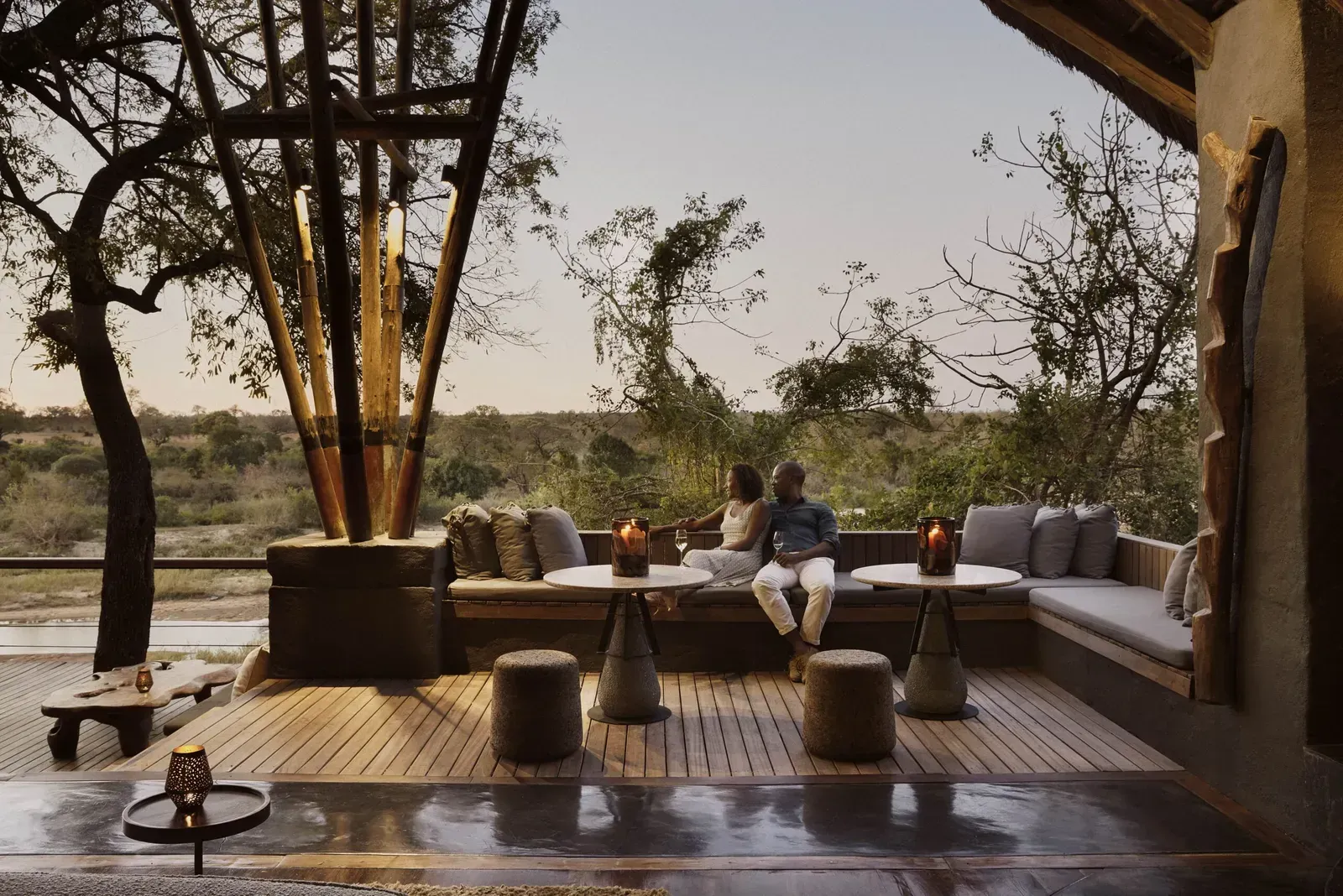
2. Chem Chem lodge – the slow safari movement
Chem Chem embraces the idea that safaris should be unhurried, giving travelers time to connect with the land.
- Why it’s sustainable: Prioritizes walking safaris over vehicle-based game drives, reducing carbon footprints.
- Must-do experiences: Trekking with Maasai elders, bush meditation, and silent sunrise safaris.
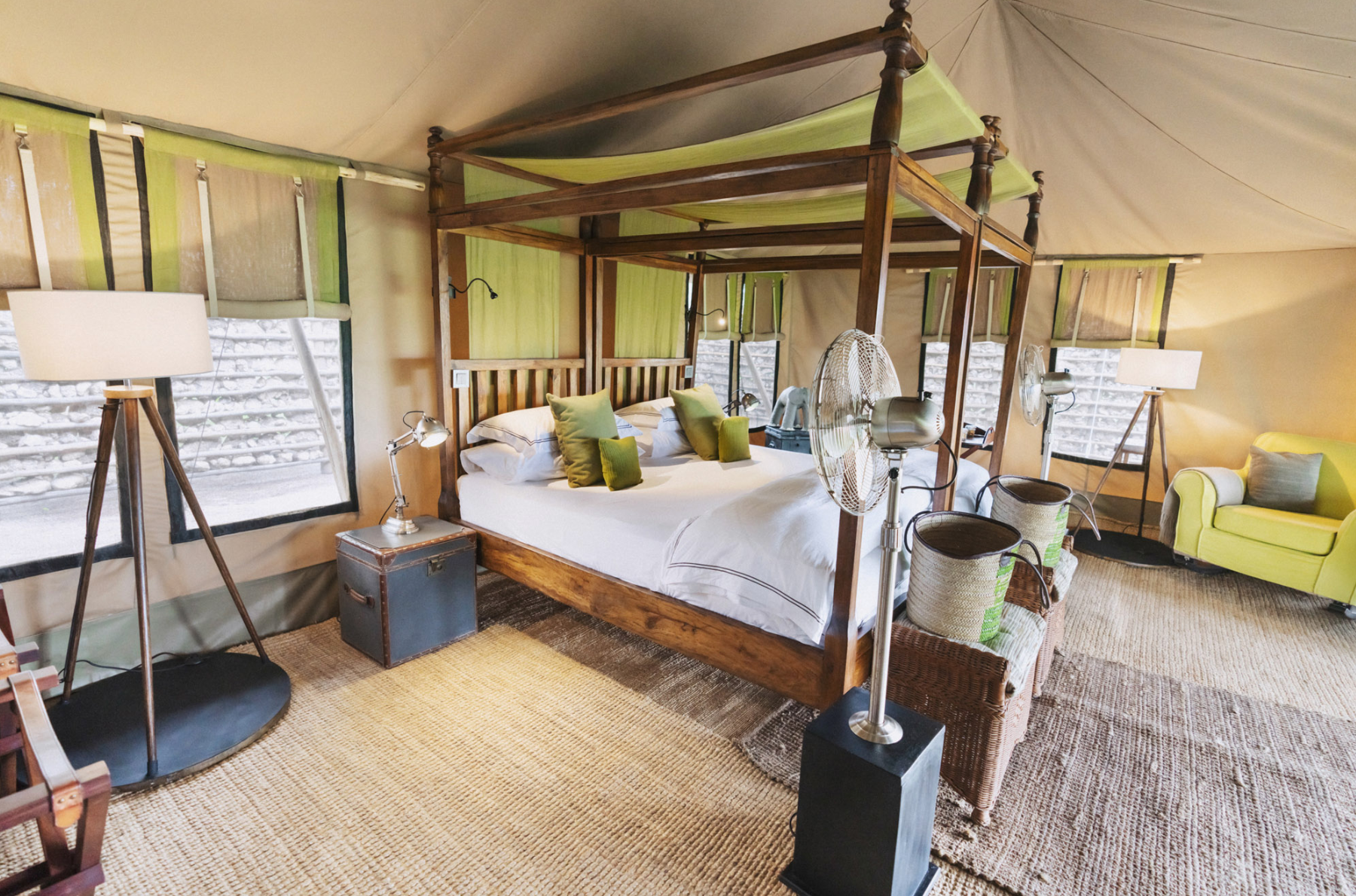
3. Gibb's Farm – a haven for eco-conscious travelers
Nestled on the forested slopes of the Ngorongoro Crater, Gibb's Farm is a working organic coffee farm and eco-lodge offering breathtaking views and authentic cultural experiences.
- Why it’s sustainable: Focuses on organic farming, uses renewable energy, and supports local schools and healthcare.
Must-do experiences: Coffee plantation tours, guided nature walks, and traditional cooking classes.
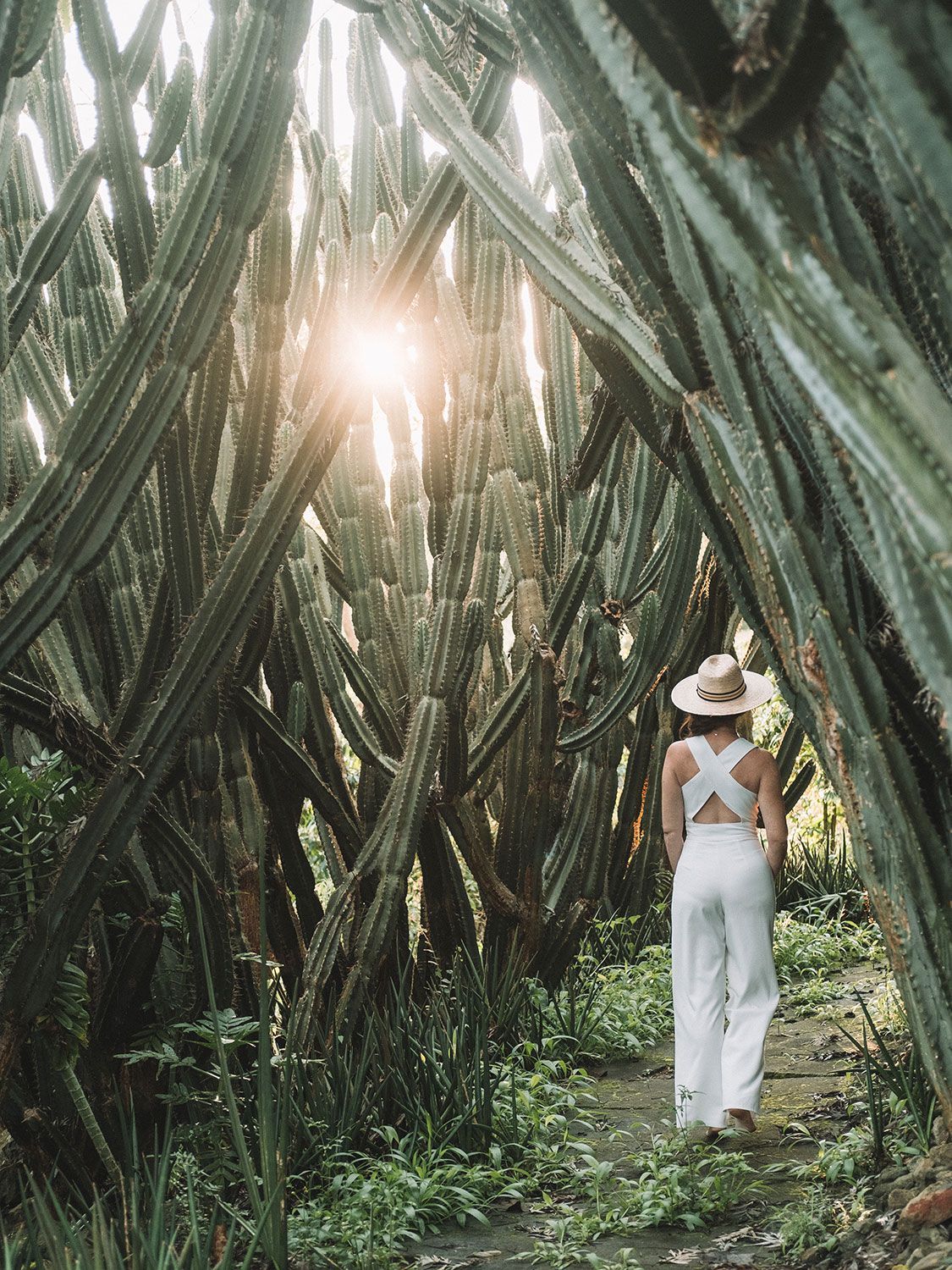
4. Asilia's Oliver's camp – immersive wilderness experience
Located in the remote southern region of Tarangire National Park, Oliver's Camp is known for its intimate connection with nature and commitment to sustainability.
- Why it’s sustainable: Uses solar power, composting toilets, and supports local conservation projects.
- Must-do experiences: Walking safaris, fly camping under the stars, and birdwatching tours.
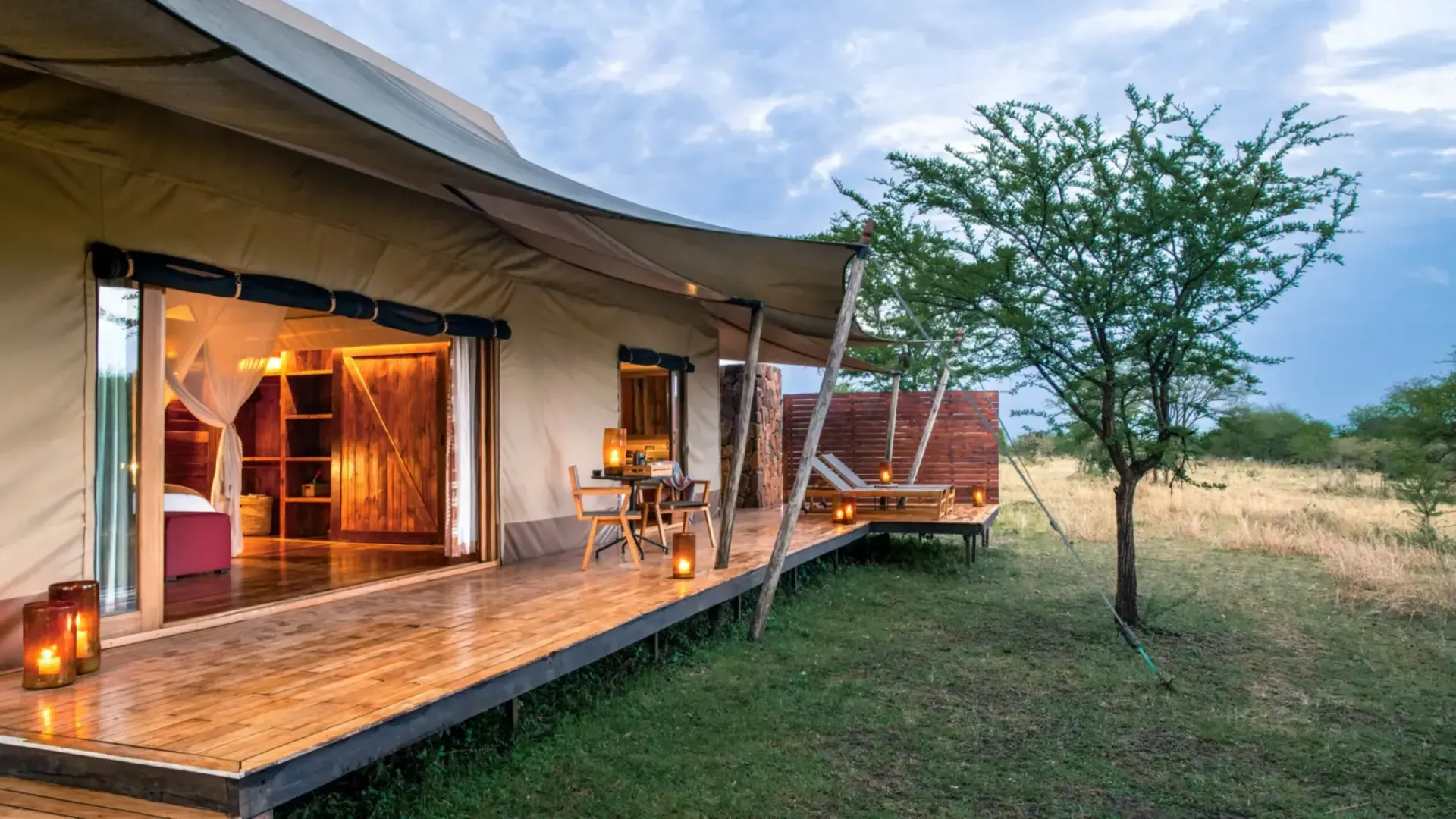
How much does it cost to stay in a safari lodge?
The cost of staying in a safari lodge in Tanzania can vary widely depending on the type of accommodation, level of luxury, and the season you choose to visit. For budget travelers, public campsites offer basic tents and shared facilities, with prices ranging from $20 to $150 per person per night. Mid-range lodges provide private rooms, full board, and guided game drives, typically costing between $200 and $500 per night. If you're looking for a more luxurious experience, eco-lodges with exclusive accommodations, gourmet meals, and personalized safari tours can range from $600 to $1,500 or more per night.
Tips for booking a sustainable safari lodge:
- Travel during off-peak seasons to get better rates while reducing overcrowding.
- Consider lodge-owned safari packages that include game drives and cultural experiences for better value.
- Look for lodges that support conservation funds, ensuring that your stay contributes to wildlife protection.
How luxury and sustainability can coexist
The concept of luxury is evolving—travelers today seek experiences that are indulgent yet mindful. In Tanzania, eco-lodges demonstrate that high-end travel and sustainability can complement each other.
- Eco-luxury lodges invest in wildlife conservation through rewilding programs and anti-poaching units.
- Sustainable architecture ensures minimal environmental disruption, with lodges blending into their surroundings.
- Farm-to-table dining sources ingredients from local, organic farms, reducing carbon footprints and supporting rural communities.
Example:
Ngorongoro Crater Lodge balances opulence with conservation, using locally crafted materials and investing in Maasai-led wildlife protection efforts.

Final thoughts – plan your stay with Mang'ola Life
Tanzania offers a unique chance to immerse yourself in nature while respecting the delicate balance of the environment. By choosing eco-lodges and ethical safari accommodations, you’re not only treating yourself to an unforgettable experience but also supporting responsible tourism.
If you're ready to experience Tanzania in a way that aligns with your values, join us at Mang'ola Life for a journey that connects you to nature, culture, and conservation.

Welcome to Mang'ola life we are a sustainable safari company located in the heart of Tanzania, Africa. Plan your next adventure with us.






